An Open Letter To The Home Secretary – Orwellian Surveillance Is Not The Correct Response To The Westminster Attack
I get it. We’re all scared in the wake of the tragedy in Westminster last Wednesday. Khalid Masood’s actions in committing this atrocity are truly reprehensible. But digital communication is not at fault, and adding an Orwellian level of surveillance is not the answer.
To those who missed the news yesterday, UK Home Secretary Amber Rudd went on the Andrew Marr Show – a Sunday morning political talk programme – and revealed that Masood sent a Whatsapp message just seconds before the attack on Westminster. With end-to-end encryption and privacy being one of the core values of the messaging service, the government had no idea until after the attack.
To combat this, the Home Secretary has invited the owners of Whatsapp, Facebook and other technology companies to a meeting on Thursday, to discuss next steps for encrypted communication in the future – which following Rudd’s demands could mean a backdoor is built into all private messaging services, allowing for mass surveillance.
In times of turmoil such as this, a post-terrorist attack nation will search relentlessly for places to point the finger. It is within our moral fibre as a human race to find someone or something to blame, and we are free to do that as British citizens with freedom of speech and the privacy to discuss these issues openly. But, if we get sucked into this convenient narrative, then we may lose those freedoms altogether.
That freedom of speech is already starting to slip away with the Investigatory Powers Bill – the Snooper’s Charter that will turn Britain into one of the most advanced surveillance states on the planet.
This is what you’d call “the easy answer” – to spot the few who plan attacks, we must watch everybody. However, the uncomfortable truth is mass surveillance does not work. The U.S. Government’s own research supported this in 2015. Not only is it proven an ineffective use of resources to spread crime prevention too thin, but also it creates a paranoid climate amongst the nation’s people.
And I know the defence of this – something along the lines of “if you’ve done nothing wrong, then you’ve got nothing to worry about.” But don’t you hate when you can just feel a stranger looking over your shoulder at your phone, reading the message you are typing while waiting for the green man to cross the road? Imagine that on a constant basis.
Plus, say this goes through and all channels such as Whatsapp become open to surveillance. The terrorists you are hunting will move deeper into the dark web, where you 100% cannot find them (Amber Rudd admitted it herself on the Andrew Marr show). There are many ways confidential communications can be achieved, and there’s no chance the government can keep up with all of them.
Add to this the fact that a “backdoor” into any system is an easy vulnerability for hackers to intercept communications; user protection from criminals and terrorists on these services will cease to exist.
But don’t get me wrong. I’m not saying nothing should be done – far from it.
So what would be the fix? Simple – repair the prison system. Evidence shows that Masood acted alone after a so-called “radicalisation journey.” He had a string of minor convictions from 1982 to 2002 and served time in jail. The purpose of imprisonment is to both rehabilitate current occupants and put the fear into would-be offenders to not break the law. Prison didn’t stop him from committing crime, and he continued on to commit a heinous act of terrorism.
This is a symptomatic problem of the prison system, which really shouldn’t be viewed by the government as a place to dump all the bad ones. Fix the problem at the source and don’t blame technology – which I will admit is easy to point the finger at in a moment of rushed judgement (much like video nasties and violent games).
You have a responsibility to protect the freedom and privacy of your citizens, while addressing the systemic issues that lie behind these terrorist attacks.
Actions speak louder than words and it’s time for action. Terrorism is not fought by a nation separated through paranoia of what people are saying behind closed doors - it is extinguished with coalition. As millions of people read on the London Underground white boards last week – “United we stand, divided we fall.”
This is the United Kingdom. Let’s act a little bit more like the name suggests, shall we?



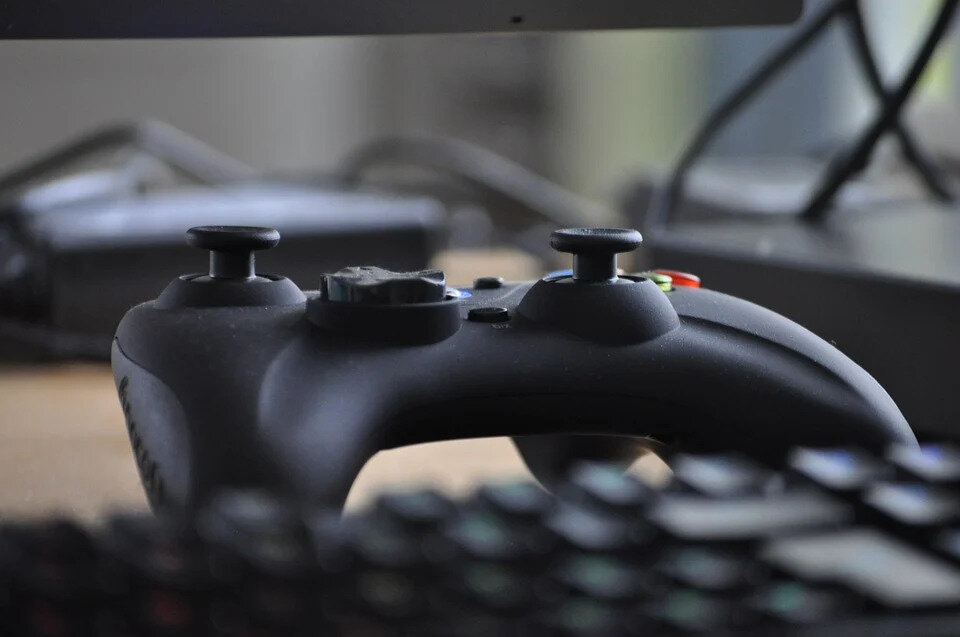

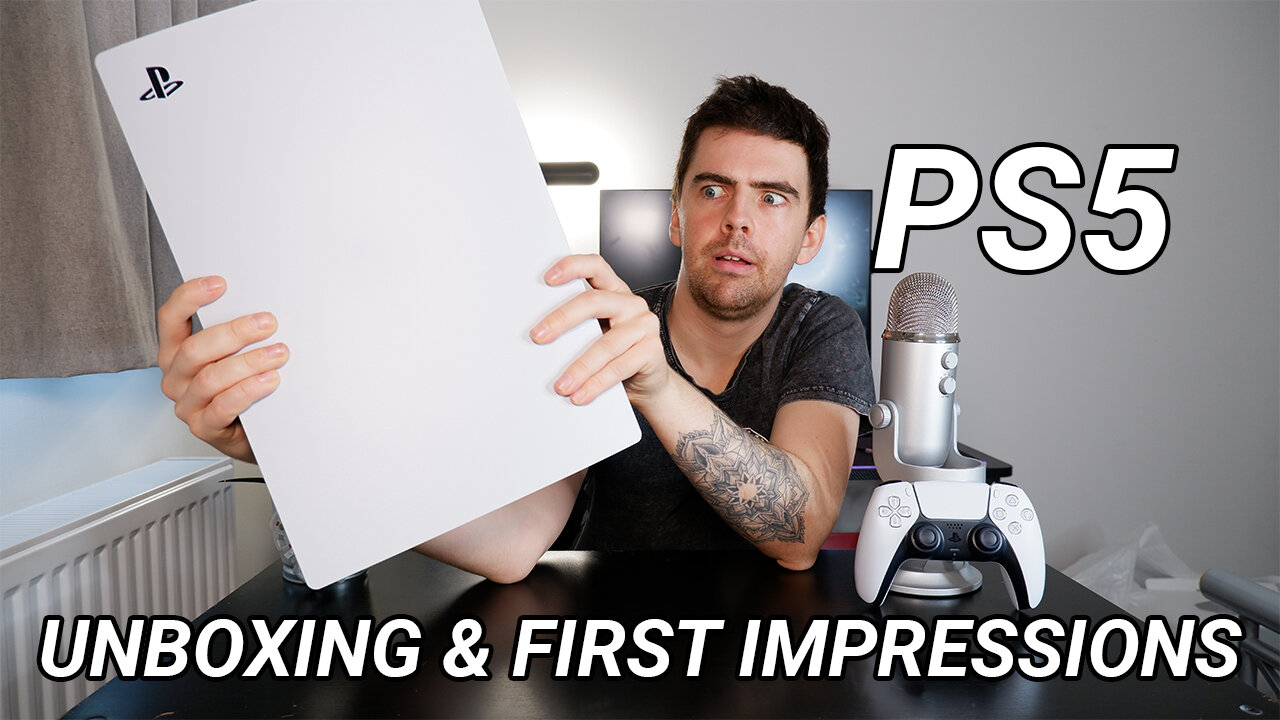
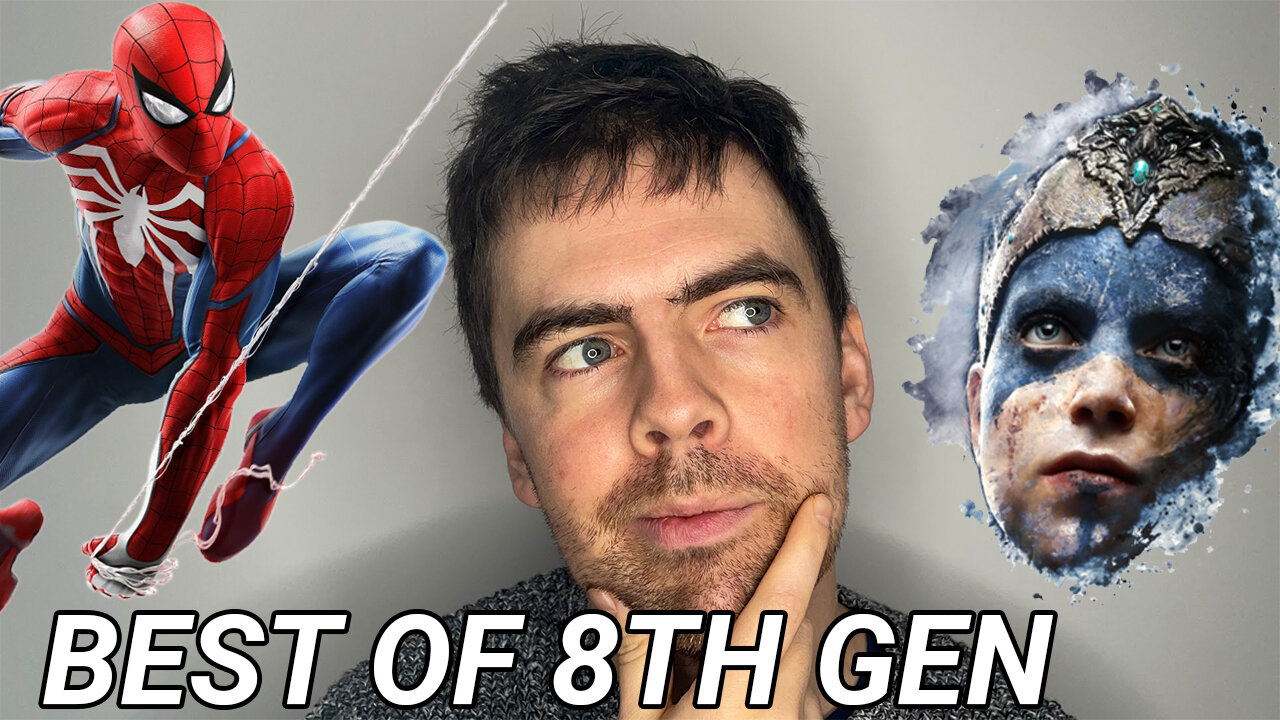
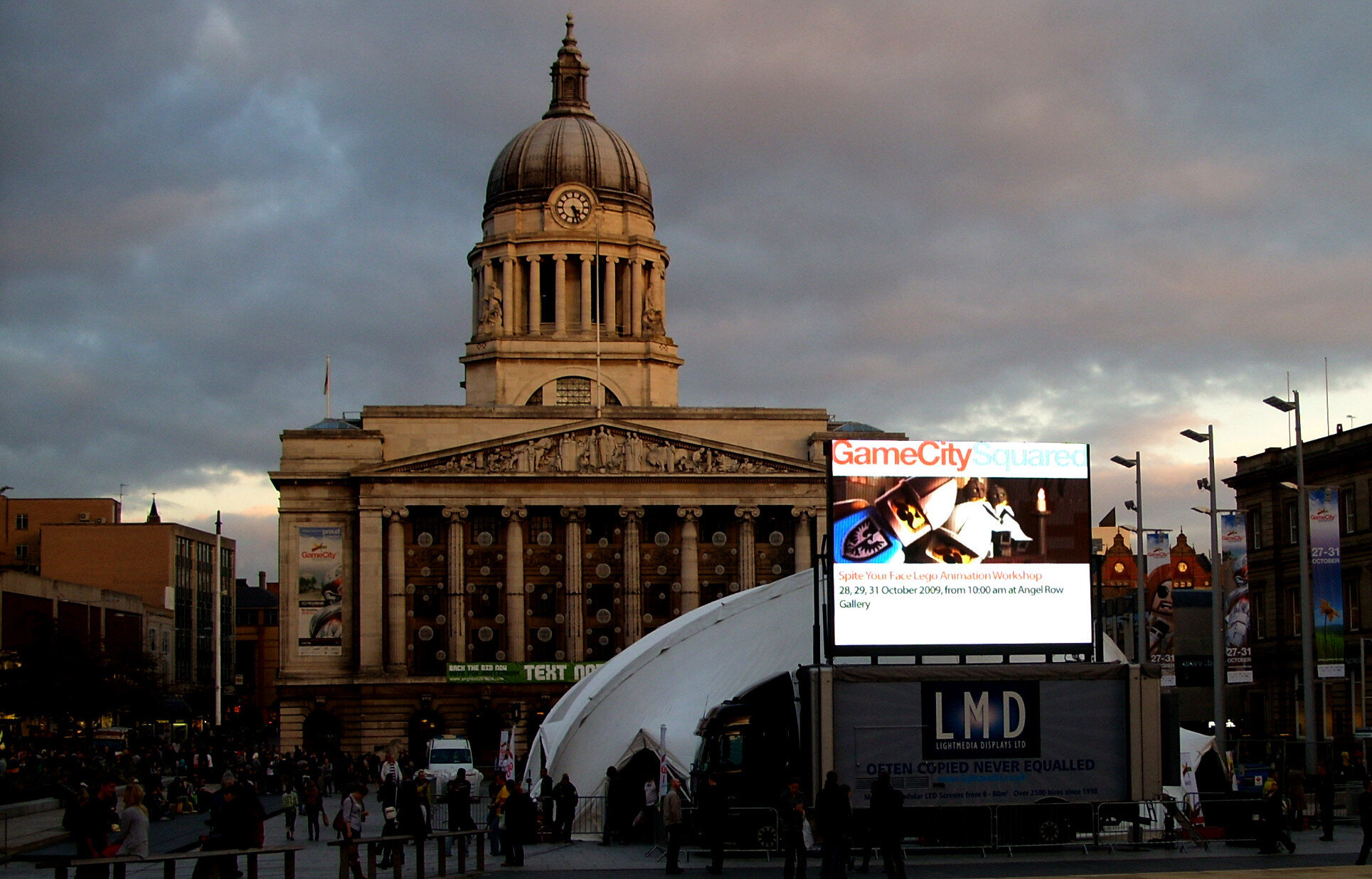
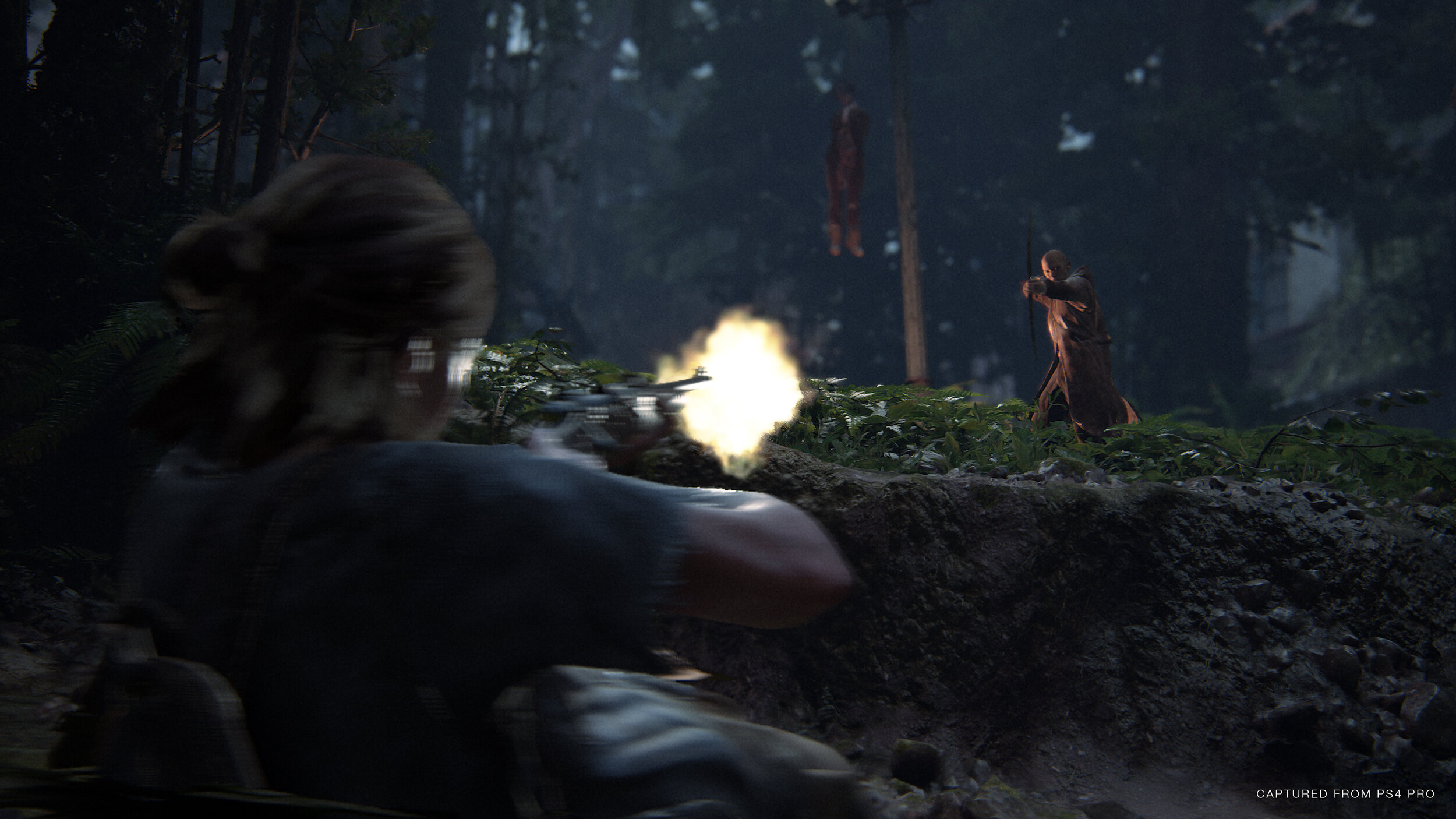

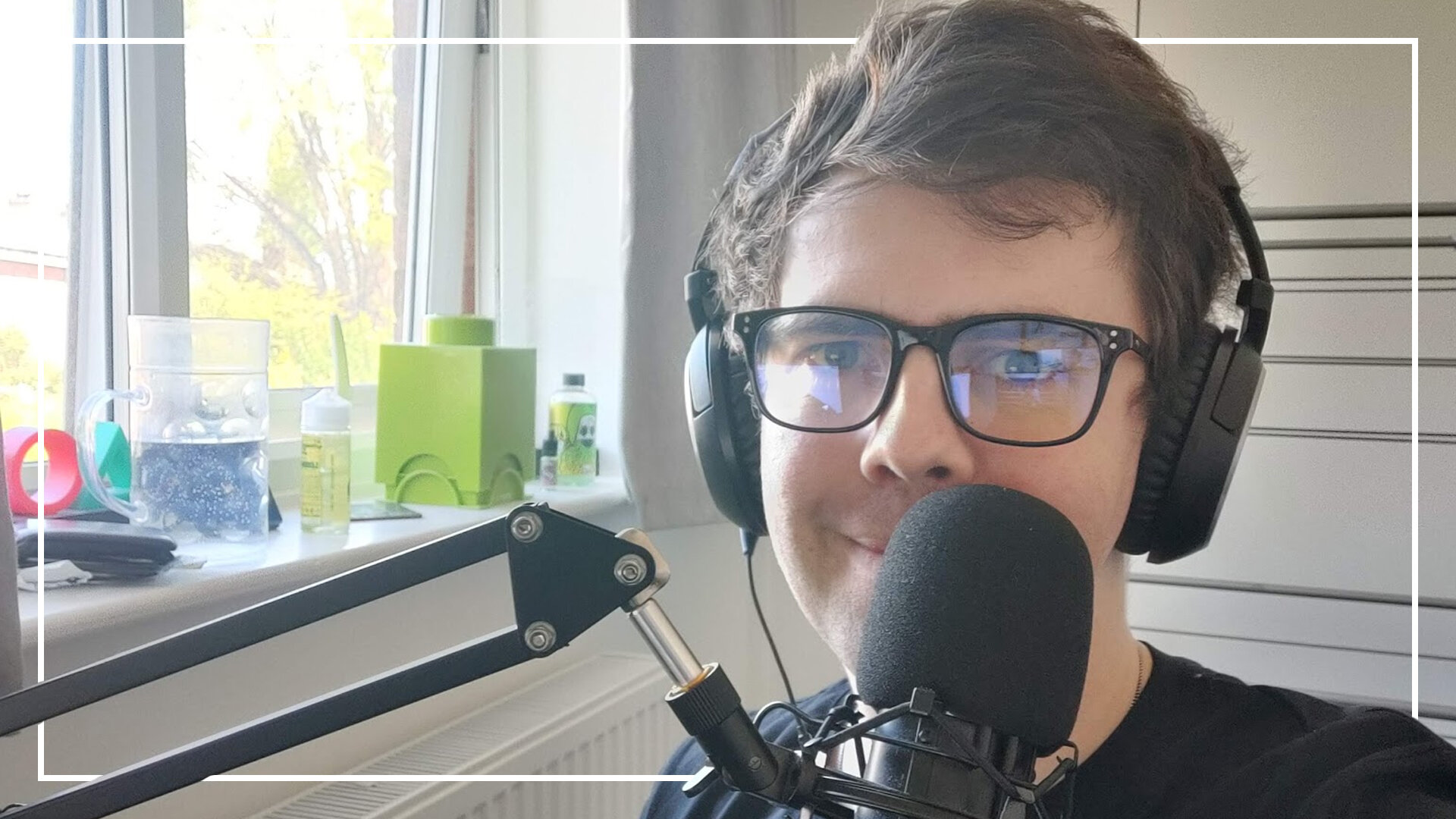
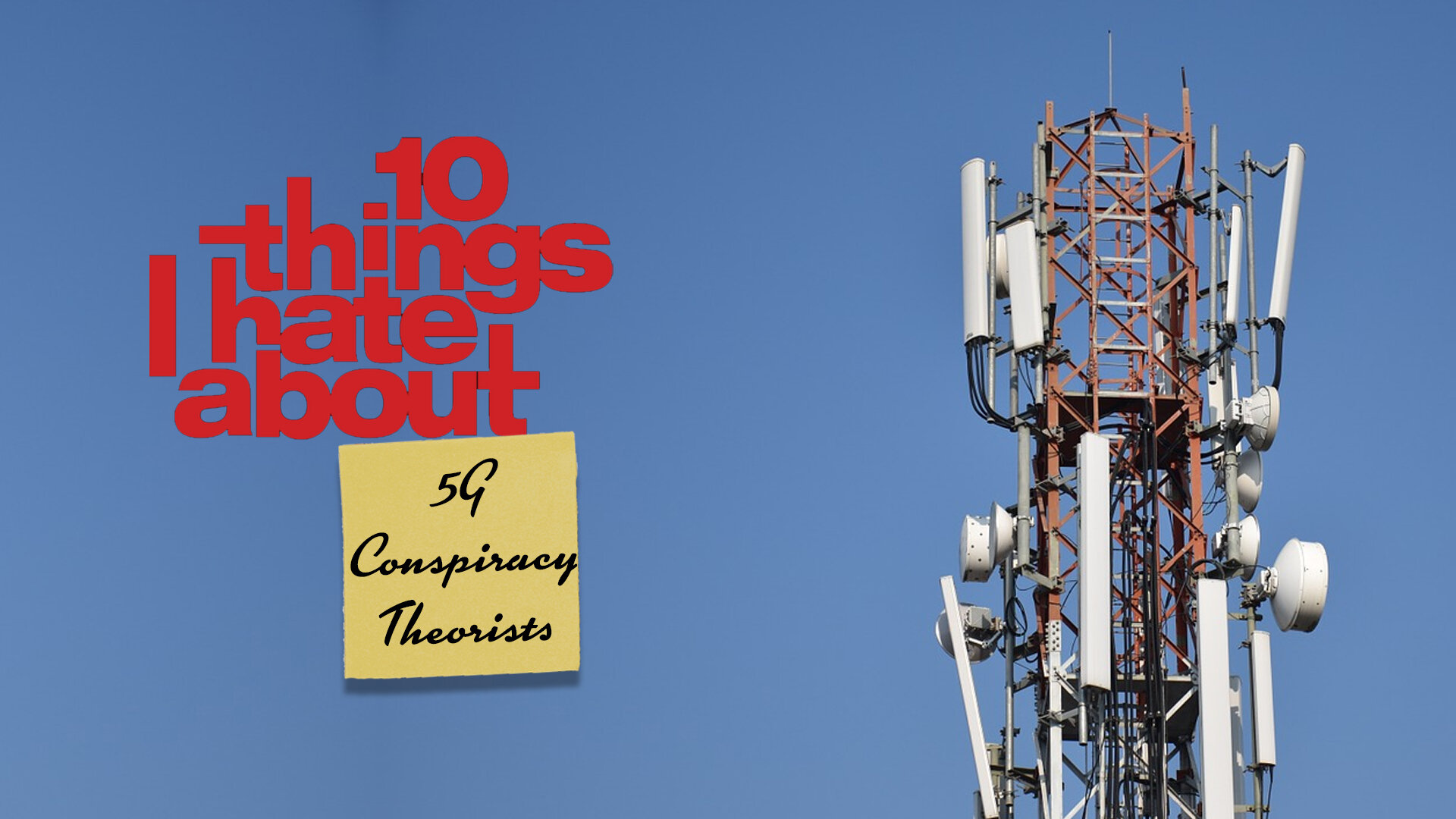
Alongside the scientists, 50% of the British public and the future health of young people across the nation, I have one simple request: delay Freedom Day, please.